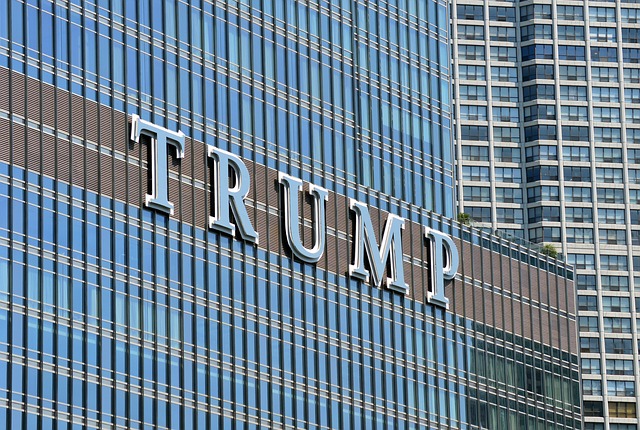The roller coaster ride behind the Trump brand and his merchandising empire over the past 20 years is a perfect example of what happens when a personal brand loses its credibility and integrity.
Branding is strategic and should reflect certain promises and values that are relevant to targeted customers. Developing and communicating distinct credentials to stand out in a crowd is true for personal branding too, whether it involves a celebrity, a politician, or simply someone looking for a new job. Related to this, lifestyle branding builds on one’s personal brand, but there are inherent risks if one’s values and credibility change and are no longer engaging.
Basically lifestyle brands seek to inspire, with the goal of having the usage of a product contribute to a customer’s desired way of life. Wikipedia defines lifestyle branding as “evoking emotional connections with customers … so they believe that their identity will be reinforced or supplemented if they publicly associate themselves with a lifestyle brand”.
One of the best known examples of a successful lifestyle brand is Martha Stewart. Her well-cultivated image is all about good taste, which is reflected in a broad variety of home products, from cookbooks to coffee to café accessories. Another good example is Ralph Lauren, whose name is on almost any product that can use an edge for perceived high quality. Both show the enormous potential of a strong personal brand, and how a recognizable name can be added to different products to positively distinguish their image.
And then there is the Trump brand. Trump is indeed a smart marketer and knows the importance of name recognition, even though his marketing initiatives do not always reflect a strategy per se. Trump’s lifestyle and cultivated image reflect a successful, hustling icon of ostentatious wealth. From the start, however, his early years of branding himself were turbulent:
- He first pursued licensing his name on various merchandise in the early 2000’s, but his huge debts, corporate bankruptcies and tabloid divorces helped establish a reputation that was not attractive to most licensees.
- After 2004, the popularity of “The Apprentice” enabled Trump to re-brand himself as an impressive, sharp-dressed boardroom titan. He signed a deal with the menswear giant, Phillips-Van Heusen (now known as PVH) for a Donald J. Trump Signature Collection of clothes at Macy’s.
This was just the beginning. His name was then added to a wide variety of related (and unrelated) products – ties, colognes, deodorants, home goods and linens, chandeliers, mattresses, leather goods, coffee pods, eyeglasses, pillows, throw blankets, underwear, furniture, vodka, etc. There was no limit, as he overreached with far-fetched products such as steaks, vitamins and even a urine test that determined what vitamins one needed.
Who was buying all these? According to Milton Pedraza, a consultant to luxury brands and chief executive of the Luxury Institute, Trump sold to customers “who didn’t know the difference between a caricature of what wealth is and what real wealth is”.
In 2009, Trump reported royalties of $215 million worldwide. By 2015, Trump listed 19 companies that were paying him $240 million to produce Trump-branded consumer goods (source: April 13, 2018 article on “Trump’s Merchandising Empire” in the Washington Post). “License Global” magazine listed the Trump brand as 80th in the top 125 merchandisers.
Then Trump ran for president, and his values and positions on controversial issues polarized and even offended many of his customers. His menswear line was discontinued by Macy’s in 2016, saying “we are disappointed and distressed by recent remarks about immigrants from Mexico”, after Trump called Mexican immigrants criminals and rapists at his first campaign event. The number of licensees dropped to 14, then 13 when a Dubai-based company stopped selling Trump furniture in the Middle East, Africa and India. By 2017, his royalties dwindled to just $370,000, with only two companies still paying him, albeit with minimal prominence of the Trump name, targeting Latin America (house wares) and Turkey (furniture).
This rise and fall of the Trump lifestyle brand licensing saga can offer some good lessons. First and foremost, consistency, credibility and integrity are essential. When your values change or become politically and socially contentious, the appeal of that lifestyle brand will suffer. Furthermore, respect and likeability for the personal brand behind that lifestyle must be genuine. Ultimately, all of this impacted consumers’ desire to relate or be inspired by Trump the politician.







